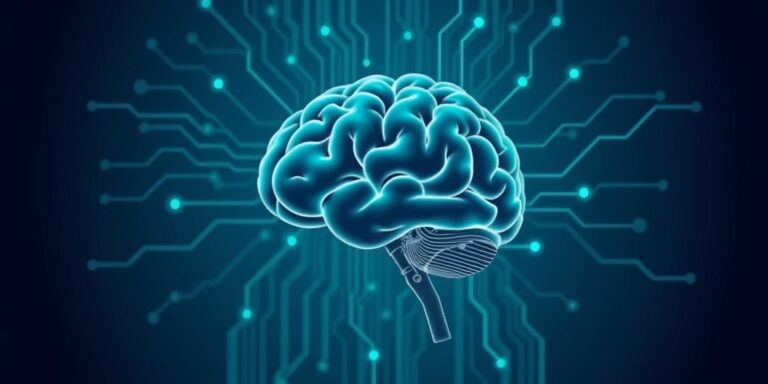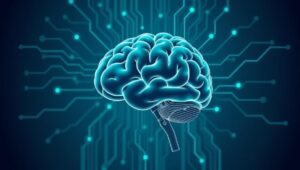AI and Mental Health: Friend or Foe in the Coming Decade?
Artificial intelligence (AI) is rapidly transforming various aspects of our lives, and mental health is no exception. As we step into the coming decade, it’s crucial to examine the potential impact—both positive and negative—of AI on mental well-being. This post aims to provide an informative overview of how AI is currently being used in mental health, the potential benefits and risks, and what the future might hold.
Current Applications of AI in Mental Health
AI is already making inroads in mental health through various applications:
- AI-Powered Chatbots: Apps like Woebot and Replika offer AI-driven conversations to provide support, monitor mood, and suggest coping strategies.
- Predictive Analytics: AI algorithms can analyze large datasets to predict mental health crises, enabling timely interventions.
- Diagnostic Tools: AI is being developed to assist in the diagnosis of mental disorders by analyzing speech patterns, facial expressions, and other data.
- Personalized Treatment: AI can tailor treatment plans based on individual patient data, optimizing the effectiveness of therapy.
- Virtual Therapy: AI-driven virtual therapists can provide accessible and affordable mental health support, especially in underserved areas.
Potential Benefits
The integration of AI in mental health offers several potential advantages:
- Increased Accessibility: AI can extend mental health support to individuals who may not have access to traditional services due to geographical barriers, cost, or stigma.
- Early Detection and Intervention: AI’s ability to analyze data can help identify early warning signs of mental health issues, facilitating timely intervention.
- Personalized Care: AI can tailor treatment plans to individual needs, potentially improving outcomes.
- Reduced Stigma: Virtual support systems can provide anonymity, reducing the stigma associated with seeking mental health care.
- Resource Optimization: AI can assist mental health professionals by automating routine tasks, allowing them to focus on more complex cases.
Potential Risks
Despite the promising benefits, there are also potential risks associated with AI in mental health:
- Data Privacy and Security: The use of AI involves collecting and analyzing sensitive personal data, raising concerns about privacy breaches and security vulnerabilities.
- Lack of Human Connection: Over-reliance on AI may diminish the importance of human interaction and empathy in mental health care.
- Algorithmic Bias: AI algorithms can perpetuate existing biases in data, leading to unequal or unfair treatment for certain populations.
- Misdiagnosis and Inaccurate Treatment: AI is not infallible, and errors in diagnosis or treatment recommendations can have serious consequences.
- Ethical Concerns: Questions arise about the ethical implications of using AI to make decisions about mental health, especially regarding autonomy and informed consent.
The Future of AI in Mental Health
Looking ahead, the role of AI in mental health is likely to expand. We can expect to see more sophisticated AI tools that can provide even more personalized and effective support. However, it’s crucial to address the ethical, privacy, and accuracy concerns to ensure that AI is used responsibly and ethically.
Balancing Act
As we navigate the intersection of AI and mental health, it’s essential to strike a balance between leveraging the benefits of AI and safeguarding against potential risks. This requires careful consideration of ethical guidelines, data privacy regulations, and ongoing evaluation of AI technologies. Collaboration between AI developers, mental health professionals, and policymakers is crucial to ensure that AI serves as a friend rather than a foe in the coming decade.
Conclusion
AI holds immense potential to revolutionize mental health care by increasing accessibility, personalizing treatment, and facilitating early intervention. However, it’s crucial to address the ethical, privacy, and accuracy concerns to ensure that AI is used responsibly and ethically. By striking a balance between innovation and caution, we can harness the power of AI to improve mental well-being for all.




